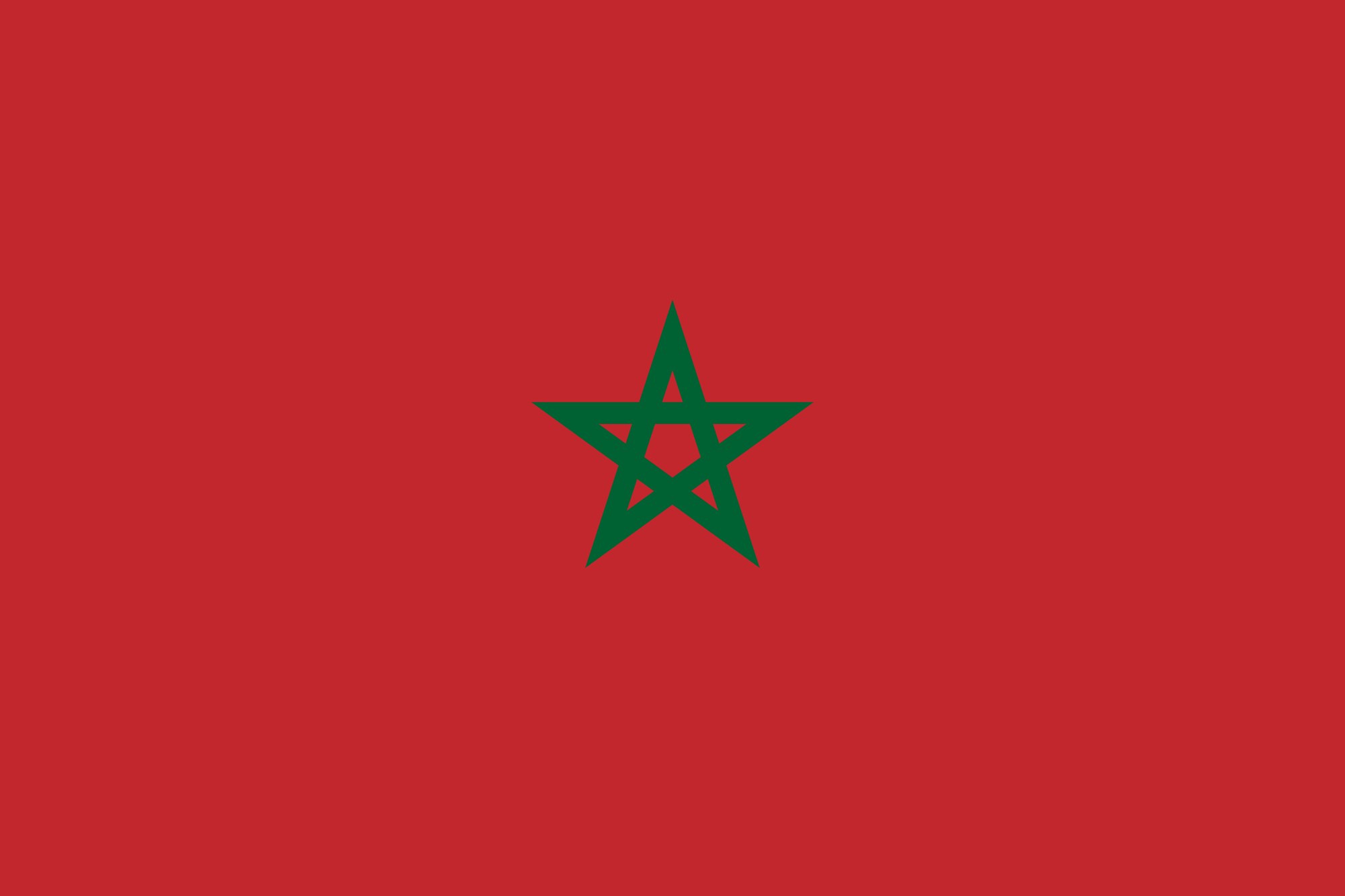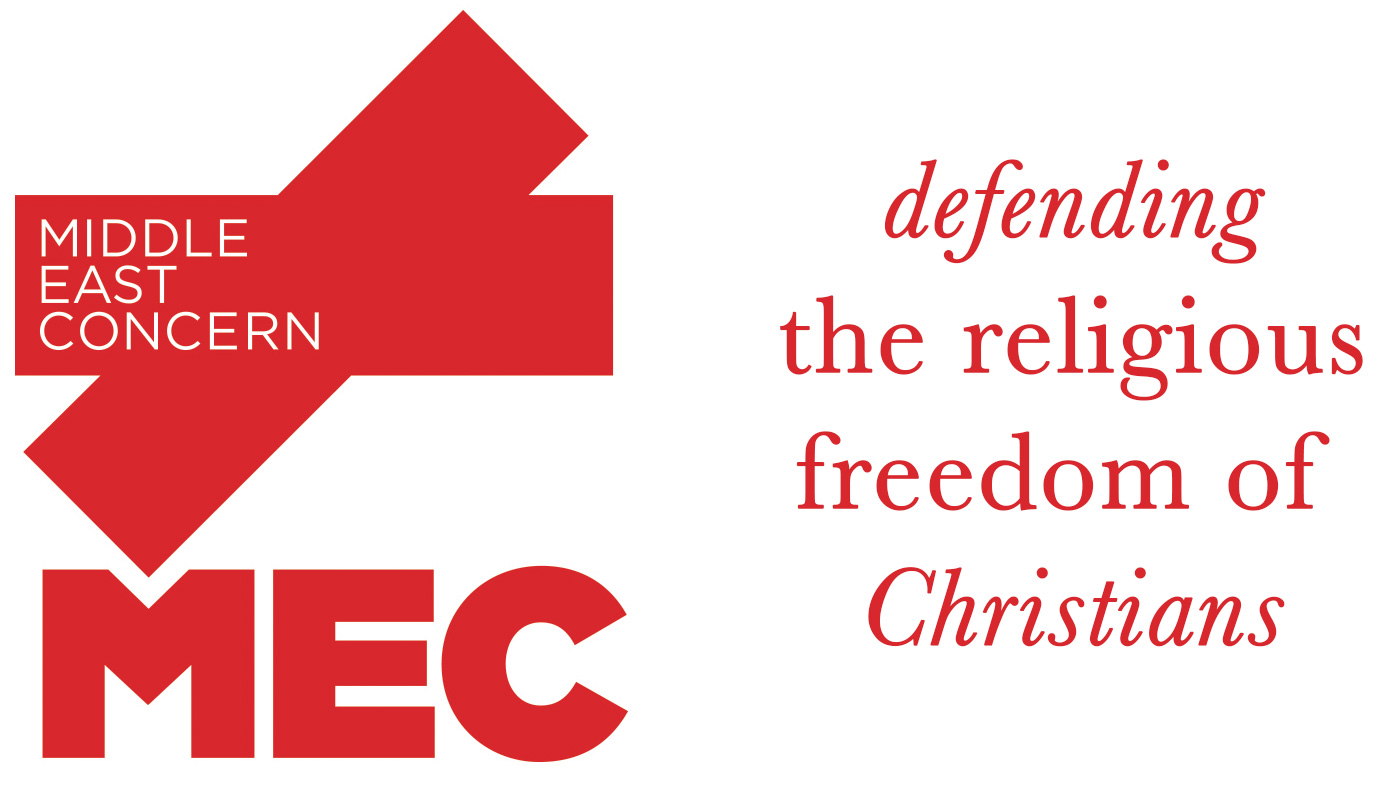
Morocco’s population of an estimated 34.5 million is overwhelmingly (99%) Sunni Muslim. The remainder includes Shi’a Muslim, Jewish, Christian and Baha’i communities. Estimates of the Christian population vary from 5,000 to 25,000 expatriate Christians and from 4,000 to 12,000 Moroccan Christians, many of whom are ethnically Amazigh (Berber). Recognised churches, primarily serving expatriate communities, are organised under the Council of Christian Churches in Morocco, the membership of which includes Roman Catholic, French Protestant, Greek and Russian Orthodox, and Anglican churches. A more recently established network of expatriate churches, the Moroccan Association of Protestant Churches, also has recognition but its member churches must regularly apply to renew their licences. National believers meet primarily in unofficial house churches.
The constitution of Morocco establishes Islam as the State religion, asserts that the free exercise of religion is guaranteed and upholds the principle of non-discrimination. Legal provisions strictly prohibit blasphemy and defamation of religions, as well as non-Islamic proselytism. According to the Penal Code, anyone who attempts to prevent persons from the exercise of their religious beliefs, and anyone who offers incitements in order to “shake the faith of a Muslim” or to convert a Muslim to another religion faces imprisonment and a fine. The Associations Law prohibits any association that seeks to undermine Islam, and the distribution of non-Islamic materials is restricted. Although Rabbinical authorities have jurisdiction over personal status issues for the small Jewish communities, there is no equivalent provision for Christians – those born into Muslim families are subject to Shari’a courts in matters of personal status. Women registered as Muslim are not permitted to marry non-Muslims.
Morocco ratified the International Covenant on Civil and Political Rights (ICCPR) on 3 May 1979. The ICCPR upholds the right to freedom of religion, including the right to hold a religion of one’s choice and the right to manifest that religion (Article 18). It also upholds the rights of minorities and the principle of non-discrimination. Morocco’s ratification of the ICCPR was made without reservation.
Registered expatriate Christian communities enjoy considerable freedom in Morocco, provided that they avoid interaction with Muslims that could be construed as proselytism. In recent years (and particularly in 2010) the government has deported significant numbers of expatriate Christians on the grounds that they were contravening the Penal Code provisions relating to proselytism, or on even more vague grounds of “threat to public order.” Moroccan Christians, who mainly meet in small house churches, are especially aware of close surveillance of their activities by the authorities. In early 2017 Morocco’s highest religious authority issued a declaration regarding apostasy which it defined in narrow political terms. A broad ruling by the same authority in 2002 had urged that apostates be sentenced to death. The revised ruling has been widely welcomed, including by Christians in Morocco. Similarly, Christians welcomed a recent ruling that a Christian who offered a bible to a friend did not “shake the faith” of that friend as the bible is a book that Muslims should read. However, there continues to be family and societal pressure against those who choose to leave Islam. Some who are considered apostates are referred to the courts (facing sanctions such as forcible divorce, loss of inheritance and removal of child custody), and in extreme cases they can face violent responses from family members.
